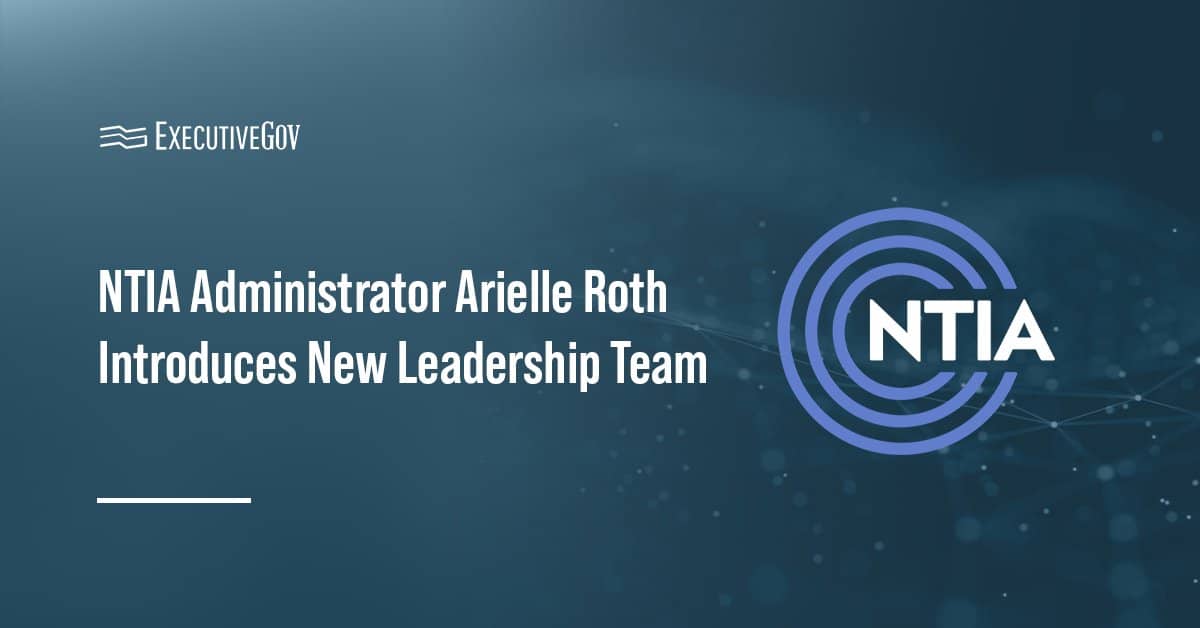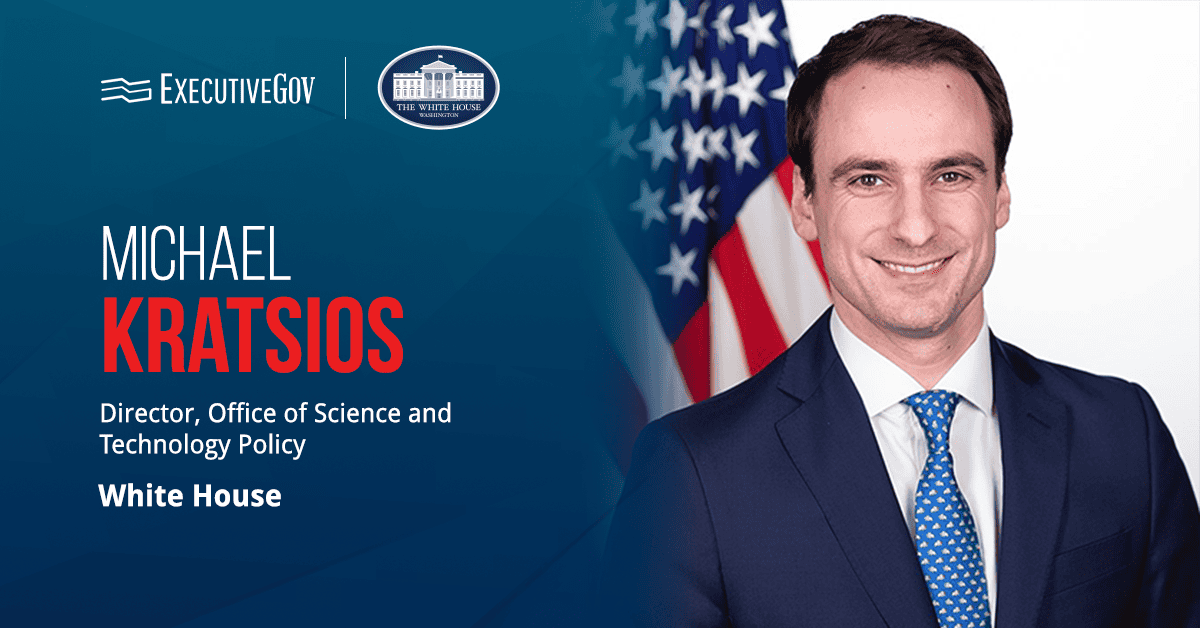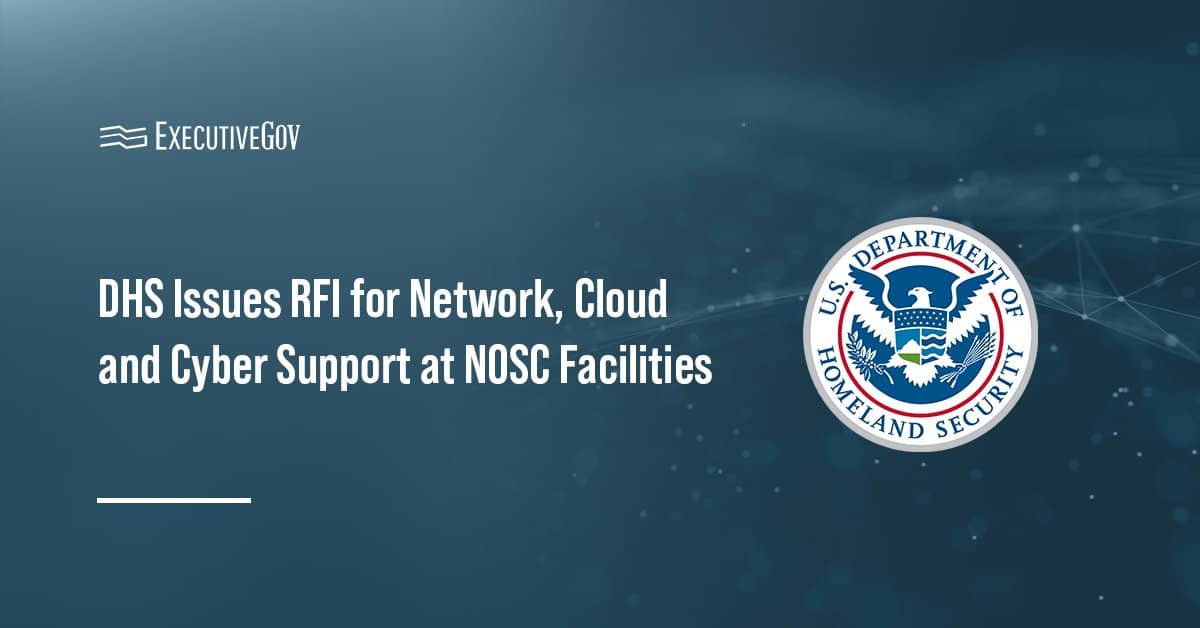 The Intelligence Advanced Research Projects Activity has initiated a research effort to develop automated systems that construct 3-D models based on satellite, airborne and commercial imagery data.
The Intelligence Advanced Research Projects Activity has initiated a research effort to develop automated systems that construct 3-D models based on satellite, airborne and commercial imagery data.The multi-year Creation of Operationally Realistic 3-D Environment or CORE3D effort aims to support intelligence, military and humanitarian operations, the Director of National Intelligence said Monday.
“While manually constructed models are accurate and reliable, the process to create them is time-consuming and does not satisfy the need for models to support rapid response to military or humanitarian crises in areas where up-to-date models do not exist,” said Hakjae Kim, CORE3D’s program manager.
The agency has selected Applied Research Associates, General Electric, Kitware and Vision Systems to contribute work under contracts supporting the CORE3D effort.





